…and what we’re looking forward to in 2020.
Fresh Energy is working to lead Minnesota and the Midwest’s transition to a clean energy future. The accelerating pace of climate change demands swift, bold action and we are rising to the challenge. Our team of policy analysts, advocates, and regulatory experts set aggressive goals for 2019 and we’re proud of the progress we made with the help of partners, donors, and stakeholders.
To close the books on 2019, we’ve assembled this list of highlights. Together we made change happen!
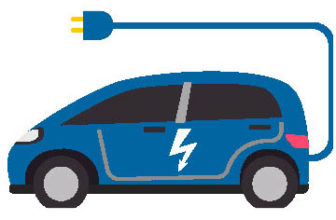
1. Clean Cars gained momentum. Working behind the scenes with the Governor Walz team, Fresh Energy had the leading role outside the administration in shaping and driving the governor’s Clean Cars decision. With the Clean Cars announcement, the governor is moving Minnesota to require the sale of more low-emission vehicles (LEV) and zero-emission vehicles (ZEV), such as electric cars. Fresh Energy continues to be involved in the Minnesota Pollution Control Agency’s rulemaking process.
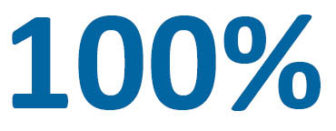
2. 100 percent carbon-free energy was announced. Governor Tim Walz officially announced his Administration’s support for a 100 percent carbon free electricity standard. We are proud that Fresh Energy’s Executive Director, Michael Noble, was personally invited by the Governor to speak at the press conference and Fresh Energy staff provided crucial leadership in our work at the Capitol and in coalitions.
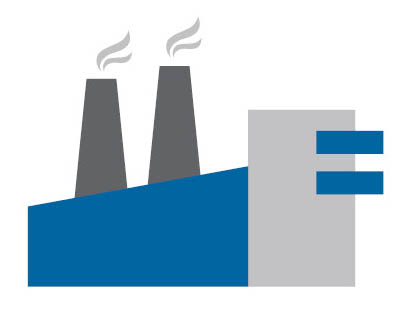
3. Coal plant self-scheduling was scrutinized. Fresh Energy conducted regulatory work that will generate significant carbon reductions by calling upon coal plants run less. Fresh Energy scrutinized the operational practice of “self-commitment” or “self-scheduling” of the state’s three investor-owned utilities and our analysis revealed that all eight of the coal units examined lost money for multiple months of the year due to these market practices. Based on our analysis and filings, the Public Utilities Commission (PUC) adopted our recommendation, ordering the investor-owned utilities to provide detailed information about these practices and to evaluate options for shifting to seasonal operation of their coal units.

4. Public school energy benchmarking bill passed. After five years of hard work and advocacy by Fresh Energy, the legislature passed a bill that requires public schools to track their energy usage over time. By comparing a school building’s energy use to itself and to peers, districts can identify opportunities for improvement in performance. Across the state, two-thirds of Minnesota schools benchmark—and they’ve already identified over $10 million in cost savings.

5. Connecting renewables to the grid got easier. Solar and other renewable energy projects in Minnesota have frequently stalled at the point where projects connect to the grid. Fresh Energy has been leading work for several years to remove costs and red tape in the process by updating the state’s interconnection standards. We had a major breakthrough in 2019 when the state became the first in the nation to establish modern, clear, and more efficient interconnection standards.

6. Rate design aided integration of renewable energy. In April 2019, the PUC required Xcel to update its large Commercial and Industrial rate structure. This was an opportunity to improve system utilization, which will help lower electricity costs for all customers. It also was an opportunity to design rates to help aid integration of renewable energy. Roughly two-thirds of Xcel’s Minnesota sales fall under this tariff, so the potential impact is massive; more than double the impact of focusing on residential customers alone. Fresh Energy was the only advocate recommending this requirement and secured it through consistent intervention in multiple dockets.
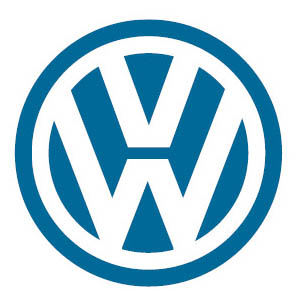
7. Volkswagen settlement planning began. Fresh Energy and partners at the Coalition for Clean Transportation advocated for the Minnesota Pollution Control Agency to update its Phase 1 plan for spending the Volkswagen Settlement funds and successfully lobbied them to increase the percentage of funds allocated to areas that are disproportionately impacted by poor air quality and increase the percentage of funds allocated for heavy duty EVs.
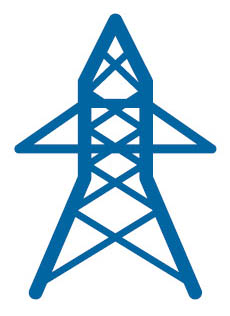
8. Public Utilities Commission made progress on grid modernization. In June, the PUC made two decisions on key distribution system dockets in Minnesota – integrated distribution system planning and distributed generation hosting capacity analysis. Fresh Energy provided experts for each docket resulting in the PUC adopting nearly all of our recommendations that included adding more transparency, detailed cost-benefit analysis for proposals of future “grid modernization” investments, and more.

9. Major transmission project moved forward. Wisconsin regulators voted in a bipartisan decision to approve the Cardinal-Hickory Creek transmission line, a 120-mile long project designed to support the greater integration of renewable energy throughout the Midwest. Fresh Energy served as a vocal proponent of the project, intervening with partners to file expert public testimony in support of the line and working with clean energy partners across the state to build momentum for its approval.
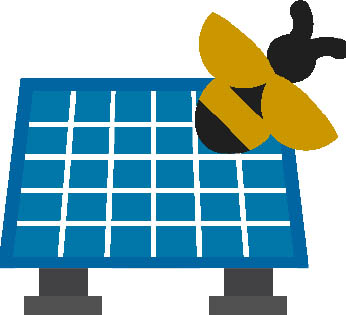
10. Reporting requirement for solar farm vegetation enacted. The legislature passed a ground cover reporting requirement for solar farms due to Fresh Energy’s advocacy work. The requirement stipulates that solar developers complete a copy of Minnesota’s pollinator-friendly scorecard and file it with the Board of Water and Soil Resources once every three years to report on the pollinator-friendly land management practices in their solar projects. The new law is an important and incremental step to demonstrate productive use and stewardship of the land under and around solar farms.

11. Rooftop solar incentive program launched. In 2019, Xcel Energy began its first-ever income-eligible rooftop solar incentive program, which was shaped in large part by Fresh Energy’s advocacy. The new program introduced upfront incentives to help bring down the initial cost of solar installations and pairs those immediate incentives with production-based incentives so that customers receive ongoing financial benefits.

12. Energy disclosure ordinance passed. City of Minneapolis councilmembers passed a historic, city-wide ordinance requiring multifamily building owners to better track energy usage in their buildings, and also calls for home sellers and landlords to provide prospective buyers and renters access to energy information before they move in. Fresh Energy participated in and led various stakeholder meetings to strongly encourage the City to pass this important ordinance.

13. Renewable natural gas pilot denied. Fresh Energy successfully argued against CenterPoint Energy’s pilot to offer renewable natural gas from landfills, sewage, and livestock manure to their customers. Our team of experts cited concerns about its transparency, costs, and out-of-state gas sourcing. The Public Utilities Commission denied CenterPoint’s request, thanks to our strong testimony.
In 2020 we are continuing to build on Fresh Energy’s strong 2019 momentum. Starting the new decade, here are the top five things we’re looking forward to in 2020:
1. Completing rulemaking to adopt Clean Cars Minnesota. The Clean Cars Minnesota rules are expected to be finalized by the end of 2020. In order to get there, Fresh Energy will provide ongoing technical guidance to MPCA as well as issue campaign expertise and programmatic support for the governor’s proposal.
2. Advancing the Governor’s One Minnesota Path to Clean Energy. Fresh Energy strongly supports the governor’s vision—and we’re looking forward to making additional progress on the policy components this year.
3. Securing advanced building performance standards. Across Minnesota, cities are leading on combating climate change through ambitious local commitments. A rapidly emerging area of focus is ensuring that new construction is built to efficiency performance standards that meet the needs of our climate. Fresh Energy is advocating to allow cities to adopt an optional, more aggressive uniform standard for building performance.
4. Increasing conservation solar. Building on Fresh Energy’s nation-leading pollinator-friendly solar policy, we’re advocating for policy that lays the groundwork for considering broader benefits when permitting and siting new solar projects.
5. Improving energy efficiency in nursing homes. Investing in energy efficiency in nursing homes reduces costs, creates new construction jobs and protects existing workers, improves indoor air quality and quality of life for residents, and allows communities statewide to experience the benefits of energy efficiency. Fresh Energy is working on a state policy to make it happen.
Stay up to date on Fresh Energy’s 2020 legislative priorities and efforts to shape energy policy in Minnesota. Subscribe to our e-mail newsletter, Powering Progress, Facebook, and Twitter for the latest news. And subscribe to “Decarbonize,” our new podcast! Find it online here or on major podcast providers including Apple Podcasts, Spotify, and more.
